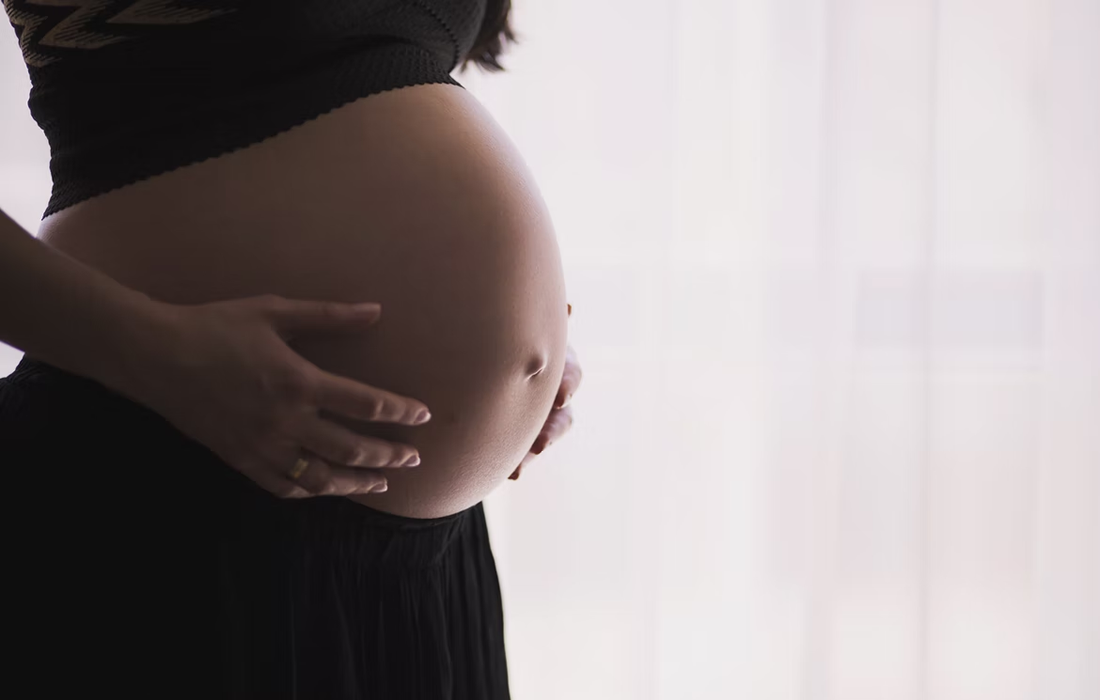COVID-19
COVID Vaccines Safe for Pregnant Women
The COVID-19 pandemic has disproportionately affected pregnant people, who are at higher risk of severe disease compared with similarly aged non-pregnant individuals. Pregnancy leads to an increased risk of hospital admission with COVID-19, because of the severe complications that they presented.
COVID-19 vaccines have been available since December, 2020. Multiple expert groups published positive recommendations for use of COVID-19 vaccines in pregnancy early on in vaccine deployment, but there was no large data about the risk and benefits at that moment.
Manish Sadarangani, from the British Columbia Children’s Hospital Research Institute in Vancouver, led a study to compare vaccine side effects among three groups: vaccinated pregnant women, unvaccinated pregnant women, and vaccinated nonpregnant women. This study, done between December 2020 and November 2021.
They included a sample of 5625 pregnant, vaccinated females aged 15–49 years, compared with 185 735 non-pregnant vaccinated females and 339 pregnant unvaccinated controls of a similar age. All data were collected during the study period, using standardized surveys, enabling direct comparison between groups.
The primary endpoint was a significant health event, defined as a new or worsening health event sufficient to cause work or school absenteeism, medical consultation, or prevent daily activities in the previous 7 days (for controls) or the 7 days following vaccination for those that received a COVID-19 vaccine. The secondary endpoint was defined as any serious health event (an event resulting in emergency department visit or hospital admission) in the previous 7 days.
Adverse Events were low
The researchers found that 4% of pregnant women who got an mRNA vaccine (Pfizer and Moderna) reported a significant health event within a week after dose one and 7.3% after dose two. The most common significant health events after dose two were a general feeling of being unwell, headache, and respiratory infection.For pregnant unvaccinated women, 3.2% reported similar events in the week before taking the survey.
In the control group of nonpregnant but vaccinated women, 6.3% reported a significant health event in the week after dose one and 11.3% after dose two. Serious health events were rare in all groups (fewer than 1%) and occurred at similar rates in all three groups.
With this large study it is important to encourage the diffusion of the vaccine for pregnants to protect them from developing a severe COVID. Also , it is important to let them know of the minimal side effects that may happen.
Source:
Manish Sadarangani, Phyumar Soe, Hennady P Shulha, Louis Valiquette, Otto G Vanderkooi, James D Kellner, Matthew P Muller, Karina A Top, Jennifer E Isenor, Allison McGeer, Mike Irvine, Gaston De Serres, Kimberly Marty, Julie A Bettinger, for the Canadian Immunization Research Network (August 11,2022). Safety of COVID-19 vaccines in pregnancy: a Canadian National Vaccine Safety (CANVAS) network cohort study. The Lancet Infectious Diseases. Retrieved from: https://www.thelancet.com/action/showPdf?pii=S1473-3099%2822%2900426-1
IMAGE:
Photo by Freestocks on Unsplash.

